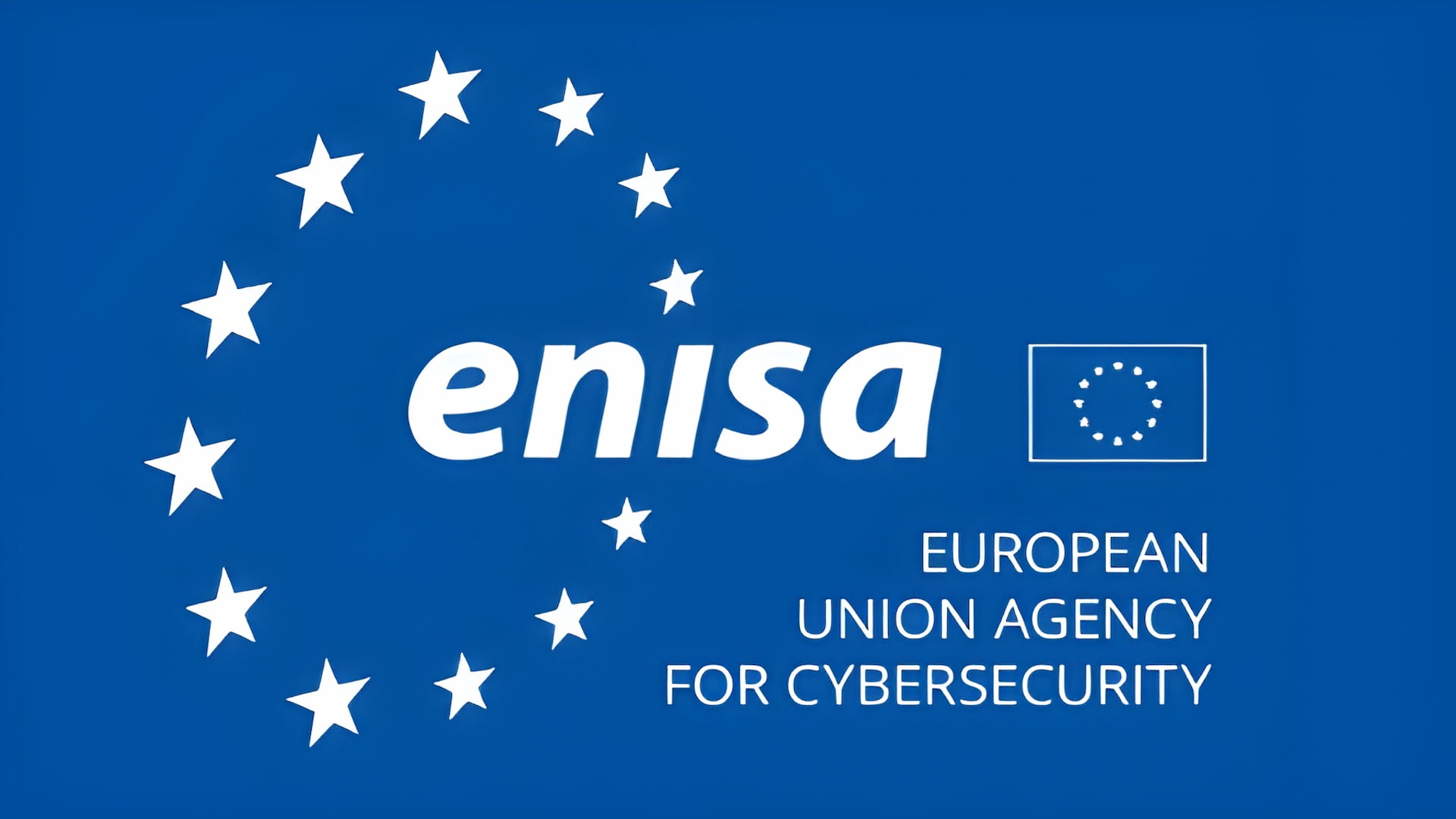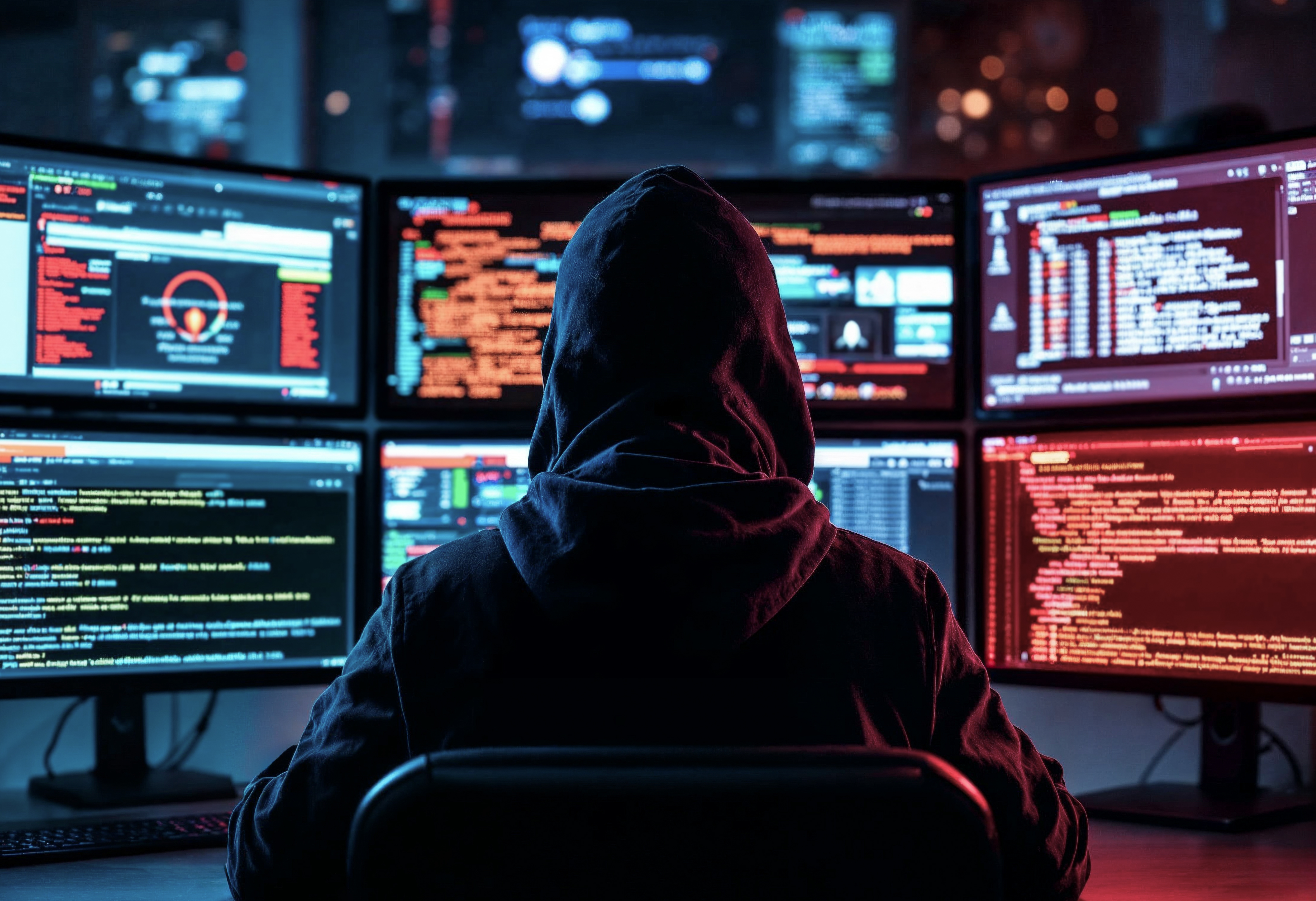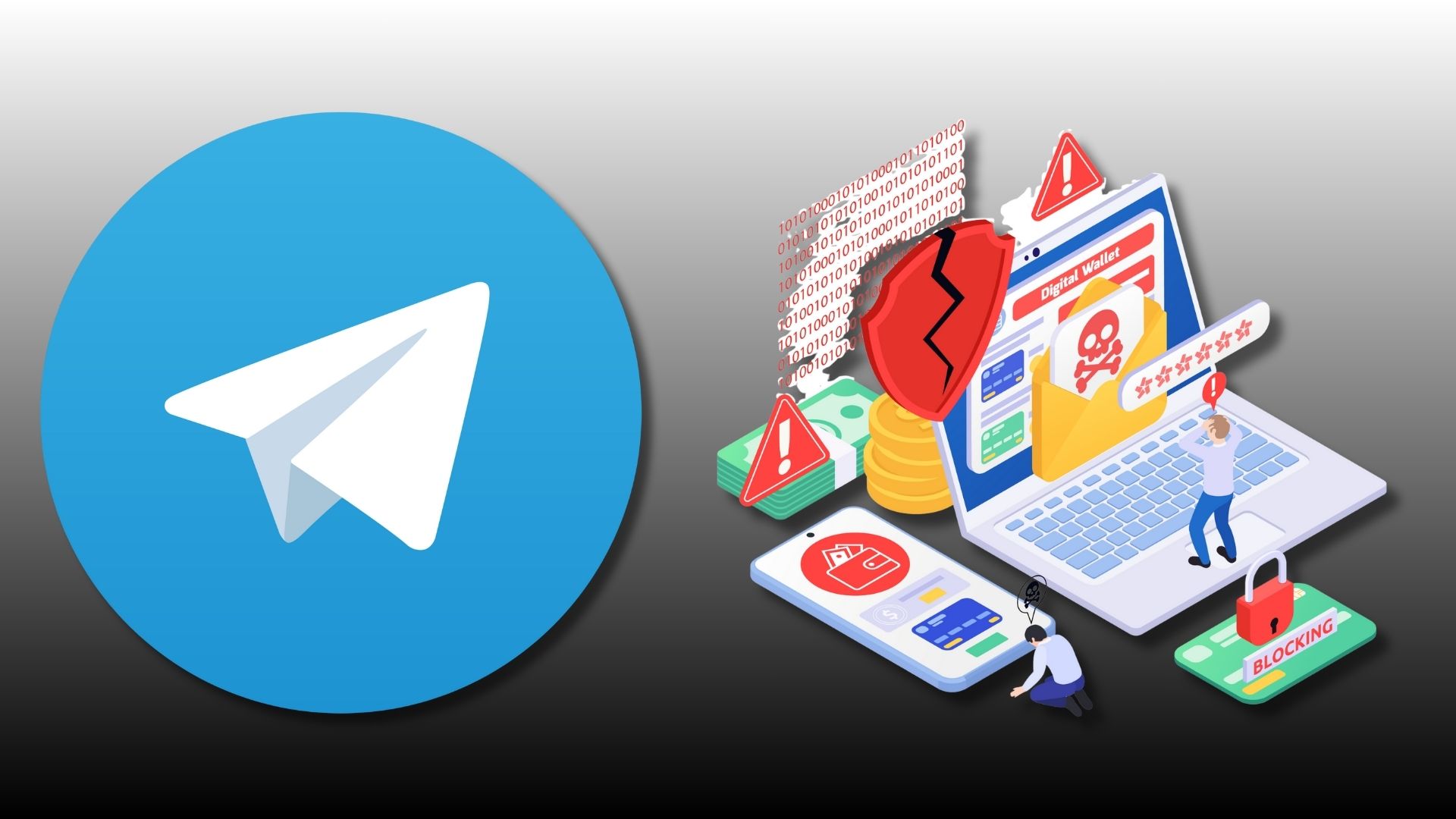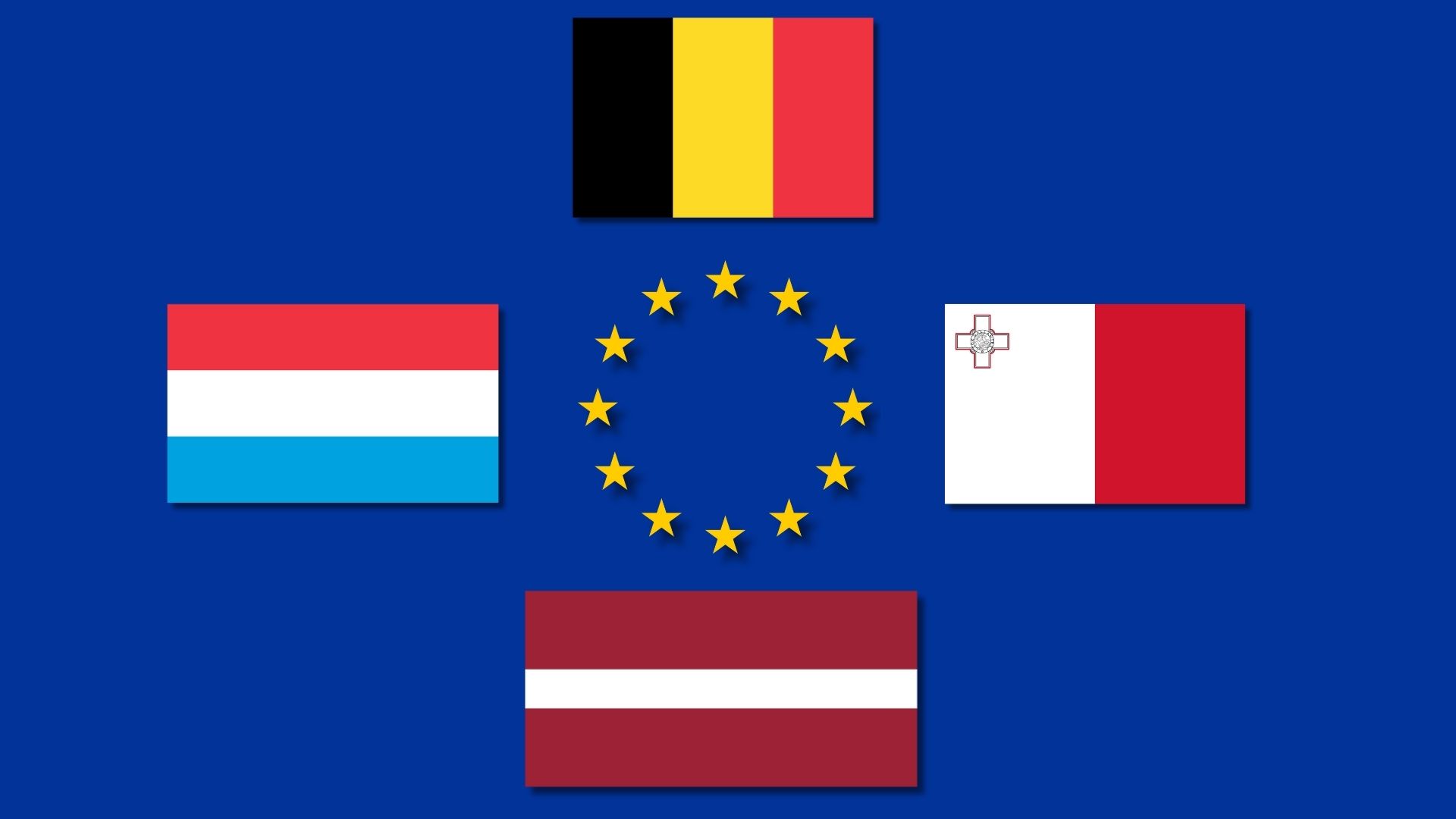The European Commission has unveiled a broad cybersecurity package that moves the EU beyond certification reform towards systemic resilience across critical digital infrastructure.
Building on plans to expand EU cybersecurity certification beyond products and services, the revised Cybersecurity Act introduces a risk-based framework for securing ICT supply chains, with particular focus on dependencies, foreign interference, and high-risk third-country suppliers.
A central shift concerns supply-chain security as a geopolitical issue. The proposal enables mandatory derisking of mobile telecommunications networks, reinforcing earlier efforts under the 5G security toolbox.
Certification reform continues through a redesigned European Cybersecurity Certification Framework, promising clearer governance, faster scheme development, and voluntary certification that can cover organisational cyber posture alongside technical compliance.
The package also tackles regulatory complexity. Targeted amendments to the NIS2 Directive aim to ease compliance for tens of thousands of companies by clarifying jurisdictional rules, introducing a new ‘small mid-cap’ category, and streamlining incident reporting through a single EU entry point.
Enhanced ransomware data collection and cross-border supervision are intended to reduce fragmentation while strengthening enforcement consistency.
ENISA’s role is further expanded from coordination towards operational support. The agency would issue early threat alerts, assist in ransomware recovery with national authorities and Europol, and develop EU-wide vulnerability management and skills attestation schemes.
Together, the measures signal a shift from fragmented safeguards towards a more integrated model of European cyber sovereignty.
Would you like to learn more about AI, tech and digital diplomacy? If so, ask our Diplo chatbot!










